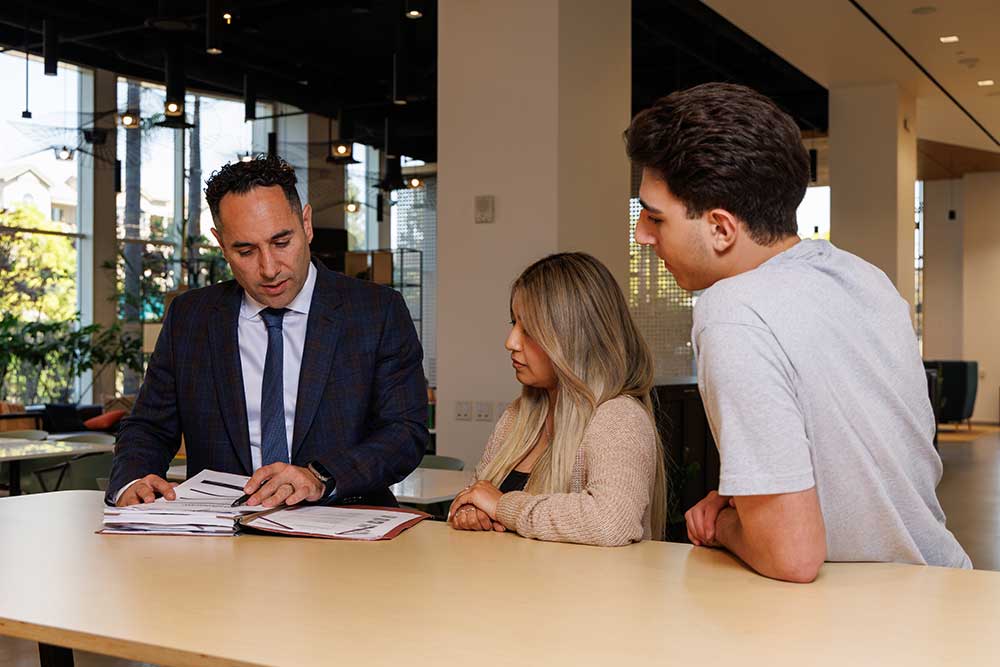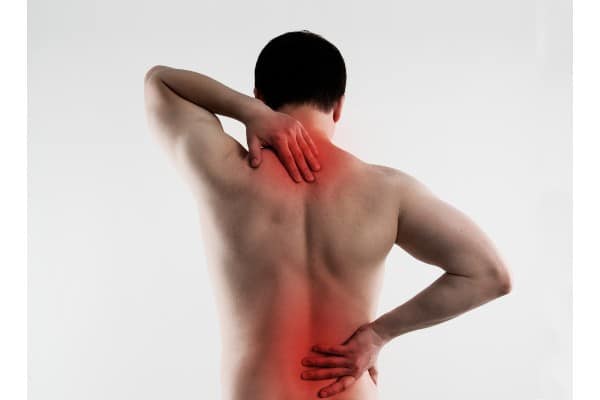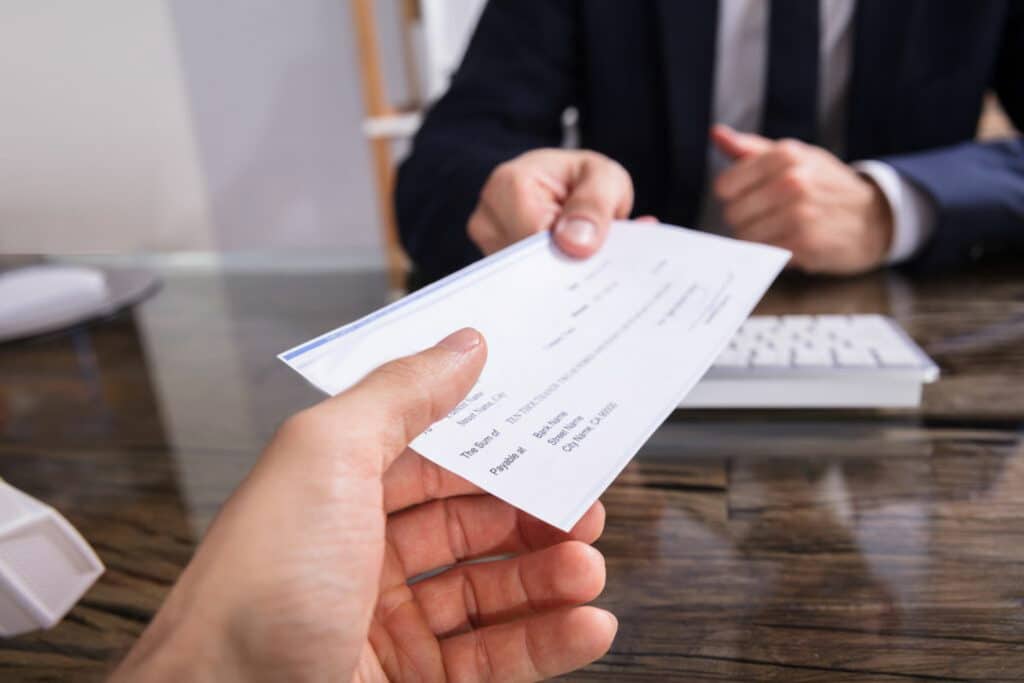Maison Law can help you through the claims process when you’re hurt in an accident in California. Living in California–especially as a Hispanic–has a lot of benefits. There’s the culture, being close to family, work opportunities, and a number of other things. But that can all change in a matter of seconds when there’s an accident. That’s where we come in. Our job is to guide you through the legal process step by step. Set up a free consultation today to get started.

Do You Need a Lawyer After an Accident?
After an accident, life doesn’t slow down. The bills keep coming. You still have to work. And the process can feel overwhelming—especially if English isn’t your first language or you’re unsure who to trust. The good news is, not every situation needs a lawyer. If the accident was minor and you’re feeling okay, you might be able to handle it on your own. But if:
- Your injuries are more serious
- You’re missing time at work
- Medical bills are piling up
- The insurance company isn’t being fair
That’s when it helps to have someone on your side who knows how to deal with these things—and who will stand up for you. Our team at Maison Law has helped families across California, from big cities to small towns, get the support they need after an accident. Here’s how we can help you:
- Speak to the insurance companies so you don’t have to
- Gather evidence and figure out what really happened
- Keep your medical bills and records organized
- Help you find doctors or clinics if you need them
- Bring in experts when necessary
- Try to reduce what you owe in medical costs
- Negotiate with the insurance adjusters or attorneys
- Handle all the legal paperwork and deadlines
- Go to court if that’s what your case requires
We work on contingency, which means you don’t pay anything upfront. If we win your case, our fee comes out of the result—not your pocket. And we’ll always be honest about what to expect at every stage of the process.
What Information Should You Save After an Accident in California?
If you’ve been in an accident—whether it happened on the road, at work, or somewhere else—the most important thing is your health. But once things settle down, it helps to gather some key details. You don’t need to hand over every piece of personal information to everyone who asks. What matters is keeping the right information so you can protect your health, your paycheck, and your legal rights. Here’s what to hold onto:
- Basic information about what happened – These are the details that will help tell your side of the story:
- Date, time, and exact location of the accident
- What happened, in your own words
- Names and contact info for any witnesses
- Photos or videos—of injuries, damage, the scene, or anything unsafe
- A police or incident report, if one exists (even if your name isn’t on it)
- Medical records – Your injuries and medical visits are what link the accident to your recovery. Keep track of:
- Any doctor, clinic, or hospital visits (including urgent care or neighborhood clinics)
- Diagnoses, treatment plans, and prescriptions
- Instructions for follow-up care
- Any bills or receipts—even small ones
Even if you were nervous about going to the hospital right away, try to write down your symptoms or speak with our team. We can help you find medical care in a safe, respectful way.
- Work and financial records – If the accident affected your job, collect any proof that shows how:
- Where you work and what your job involves
- Whether your injuries forced you to miss work or limit what you can do
- Any pay stubs, timesheets, texts, or notes that show lost wages—even if it’s informal
- Insurance back-and-forth – If an insurance company contacts you, you’re not required to speak with them. In fact, it’s better to wait until you’ve talked with a lawyer. But if you do speak to them, keep it simple and stick to the facts. Save any:
- Letters, emails, texts, or voicemails related to the accident
- Notes about who you spoke with and when
Do I Need an ID or Social Security Number to File a Claim?
No. You do not need a Social Security number or government-issued ID to speak with a lawyer or file an injury claim in California. The law protects people who are injured—regardless of background. If someone caused you harm, you still have the right to get medical care and seek financial recovery.
If you’re unsure about what to share or what’s safe, you don’t have to handle it alone. Our team understands the concerns many Hispanic families in California face, and we’re here to guide you without judgment or pressure.
How Does the Injury Claim Process Work?
If you’ve never filed a claim before, the process might feel confusing. But most cases follow the same basic path—whether or not you have insurance or paperwork. There are two main ways to move forward:
- Filing an insurance claim – This is how most injury cases begin. The claim usually goes through the at-fault person’s insurance. That might be:
- A driver’s car insurance
- A business or store’s liability insurance
- A property owner’s or landlord’s insurance
- A government agency’s insurance, if the injury happened in a public place
The insurance company will look into what happened and often offer you a settlement. But here’s the truth: if they think you don’t know your rights, they might offer you much less than you should get. Having our team on your side levels the playing field. We make sure you don’t get pushed into a fast, low offer that doesn’t actually cover your medical bills or lost work time. But it’s not your only option.
- Filing a lawsuit – If the insurance company won’t treat you fairly, a lawsuit might be the next step. That doesn’t always mean going to trial. In fact, most lawsuits settle before a judge gets involved. But filing one shows the other side that you’re serious. If this step is needed, we’ll handle the paperwork and represent your interests—so you can focus on your recovery.
Either way you decide to go, filing a claim is about getting financial support to help you move forward. That usually means getting “damages” like:
- Medical bills—past and future
- Lost wages—from time missed at work
- Property damage—to your car, clothes, phone, or anything else affected
- Pain and suffering—for what you’ve physically and emotionally gone through
- Reduced quality of life—if the injury limits what you can do
- Wrongful death costs—if you lost a family member in the accident
The exact amount you can recover depends on:
- How serious your injuries are
- How clearly the other party was at fault
- How well your losses are documented
That’s why it’s so important to have a legal team that knows how to build a strong claim. And don’t wait too long—California only gives you two years from the date of your injury to file most claims.
Who Pays for Your Injuries?

You might be doing everything right—but if someone else was careless and caused you harm, they are the ones who should be held responsible. In legal terms, this is called negligence. To show someone else was negligent, we need to show that:
- They had a responsibility to act safely (like a driver following traffic laws)
- They failed to meet that responsibility (like running a red light or leaving a slippery floor unattended)
- Their actions caused your injuries
- You were hurt—and there’s proof
Once that’s clear, the claim is filed against the person, business, or agency that caused the accident. That might be:
- Another driver
- A landlord or property owner
- A store or business
- A product manufacturer
- Your employer (especially if you were working in unsafe conditions)
- A city or state agency (if you were hurt on public property)
Accidents can be overwhelming—especially when you’re worried about language, trust, or how the system works. And what’s more, there’s a variety of different kinds of accidents you could be in.
What Are Some Different Kinds of Accidents I Could Be In?
In California, accidents can happen in all kinds of places—on the road, at work, or even just walking through your neighborhood. And no matter your background, the law gives you the right to file an injury claim if someone else caused you harm. We’ve worked with families from all over the state—Fresno, East L.A., Bakersfield, Stockton—and the types of accidents we see most often tend to fall into a few main categories:
- Car accidents, especially on busy roads like I-5, Highway 99, and city streets where speeding and careless driving are common.
- Motorcycle accidents, often caused by drivers who don’t check their mirrors or try to squeeze past too closely.
- Bus accidents, including public transit incidents in cities like Sacramento, San Francisco, and L.A.
- Bicycle accidents, especially in neighborhoods without protected bike lanes or where drivers don’t give riders space.
- Slip-and-falls, in stores, apartments, or work sites where floors were left wet, broken, or unsafe.
- Dog bites, when owners fail to keep their pets restrained or trained.
- Workplace injuries, especially in jobs involving physical labor like agriculture, construction, warehouse work, or housekeeping.
- Accidents from unsafe products or poorly maintained buildings, where a defect or hazard leads to an accident.
- Neglect or abuse in care homes, often involving elderly family members who are overlooked or mistreated.
If you were hurt walking to work, riding a bike, or doing your job, it’s okay to feel unsure about what to do next. But your health and well-being still matter. Speaking up can be hard—but it’s often the first step toward getting the care and support you need.
Speak to Maison Law After an Accident in California

At Maison Law, we’ve helped many Californians from Hispanic communities after serious accidents—whether it happened at work, on the road, or even while walking through a neighborhood store. We know how stressful it can be. You’re hurt, bills are piling up, and missing work just makes things harder.
That’s where our team comes in. Our job is to make this easier. We’ll walk you through your rights, handle the paperwork, and deal with the insurance companies—so you can focus on getting better and back to normal.
Reach out for a free, private consultation.
